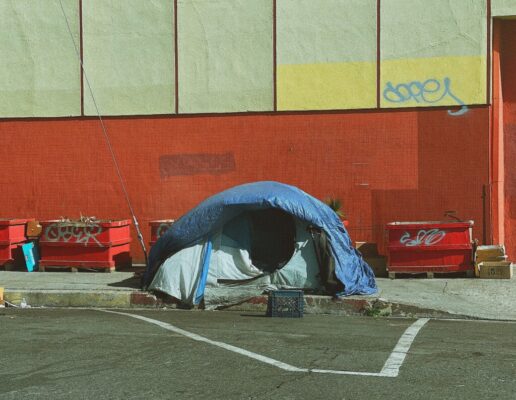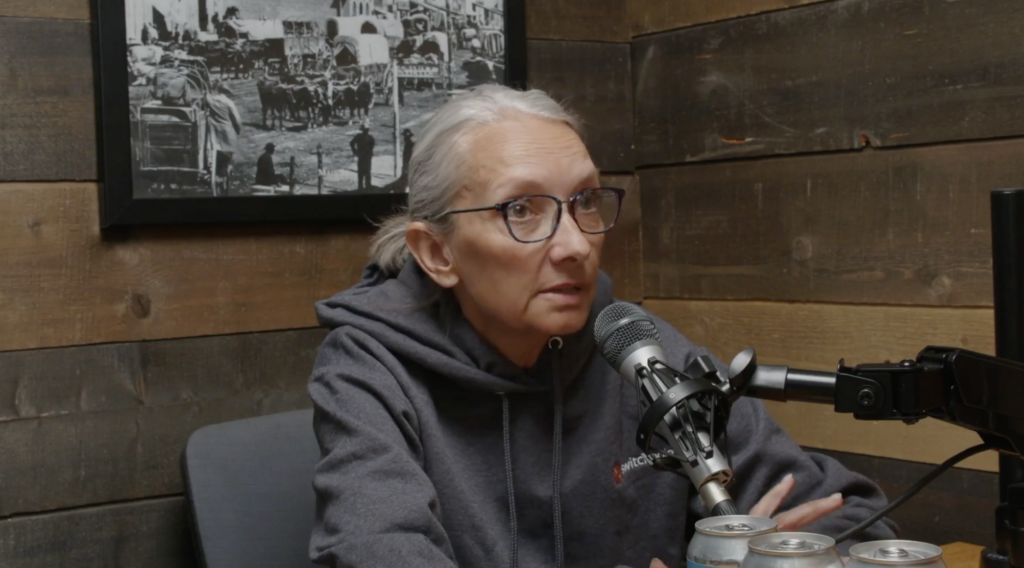Craft breweries, the revitalization of communities, and homelessness in Utah, were the topics recently covered by Utah Stories Podcast host Richard Markosian. In it, he introduces a new issue of Utah Stories that focuses on craft breweries and the transformation of Helper, Utah, through the efforts of artists and business owners, and he mentions a new brewery and a Saturday market in Helper, which have contributed greatly to the historic town’s revitalization.
Markosian then shifts to the issue of homelessness and affordable Housing in Utah, where he criticizes the current Housing First model and its lack of accountability and work requirements for the homeless population. He highlights the deteriorating conditions around homeless resource centers and the proposed alternative models, such as the one implemented by Carol Hollowell at Switch Point, which combines job opportunities with housing assistance to empower individuals to become productive members of society.
The discussion touches on the challenges and regulations faced by organizations like Switch Point, and the need for supportive services and accountability in effectively addressing homelessness, along with concerns about the need for more autonomy in policy-making. Markosian emphasizes the importance of providing structured support and opportunities for homeless individuals to help break the cycle of homelessness.
Affordable Housing and Homelessness
The conversation between Markosian and Hollowell expounds on affordable housing and homelessness, with Hollowell discussing the challenges of building affordable housing due to high construction costs, while emphasizing the need for deeply affordable housing for those who can’t afford middle-class housing. She also highlights the importance of addressing mental health housing. Hollowell mentions her organization’s efforts to raise $200 million through mission-related investments to solve the problem, while criticizing the lack of accountability in housing projects and their negative impact on neighborhoods.
“The other big thing that we did since the last time we talked is we started purchasing older hotels and then converting them into studio apartments,” Hollowell said. “They will have housed over 250 people right off the streets … We’re focusing right now in Salt Lake on the seniors and veterans, because to me, they’re the most vulnerable.”
The podcast delves into the barriers faced in implementing successful housing models. Competition, territorialism, and a lack of parity in grant distribution hinder the adoption of practical solutions. Hollowell desires to create alternative funding sources to reduce reliance on state and federal funding.

Welfare System
The conversation then shifts to the welfare system’s limitations in incentivizing self-sufficiency. Hollowell discusses the need to create cultures where people thrive instead of just surviving, highlighting the success story of a formerly homeless woman who now actively participates in community activities. She calls for expanding profoundly affordable housing to address homelessness among seniors and expresses frustration with the long waiting list for housing.
The two briefly discuss the challenges facing young people who are experiencing homelessness, and their distrust of capitalist systems, emphasizing the need for innovative solutions, collaboration, and a shift in societal attitudes to effectively address affordable housing and homelessness issues.
Housing Issues Continued
Hollowell praises Wayne Niederhauser for his work at a homeless camp and emphasizes the need for a comprehensive approach beyond building more shelters.
“I love it that Wayne Niederhauser has been serving for years. I think it’s been every Friday night for six or seven years [that he’s been there] with his wife at a homeless camp. They know these people by name. I’ve been down there. I’ve seen him interact. He gets it, he’s seen it, and he realizes that there’s a problem. But he’s one man. He can’t do it by himself,” Hollowell observed.
The Scandinavian model of housing focuses on providing housing with strings attached, such as meeting with case management, and Hollowell highlights the importance of accountability and client involvement in addressing homelessness.
Case managers face challenges in acquiring adequate resources to provide wrap-around services. The conversation touches on the reluctance of some organizations to discuss the issue and the importance of collaboration and a client-centered approach. Hollowell suggests that if she had a billion dollars, she would invest in affordable housing options to address the housing crisis, particularly for low-income and fixed-income populations.
The conversation moves to the historical perspective of tenement housing and the need for a starting level for housing affordability, and concludes with a discussion about zoning and the importance of making housing more affordable and accessible for those who need it most.






